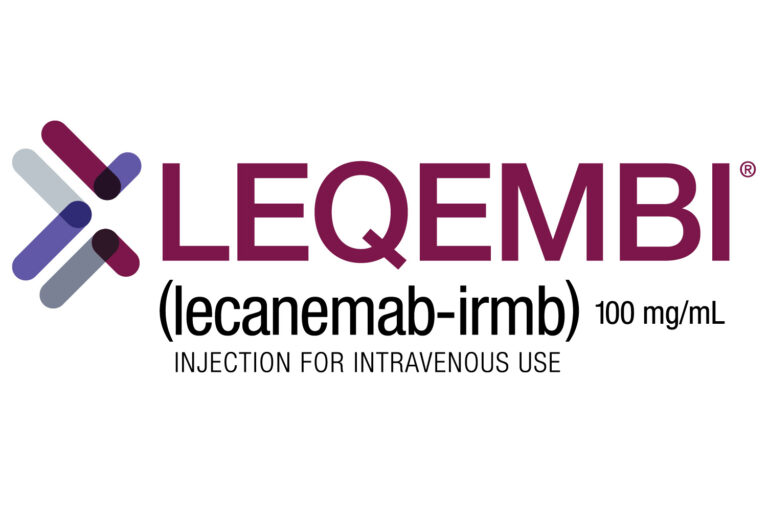Alzheimer’s starts doing damage years before anyone notices any signs. Many doctors believe that if we could only catch it early enough, before signs appear, we could cure Alzheimer’s. A new blood test may do just that.
Scientists have identified a set of 10 proteins in the blood which can predict the onset of Alzheimer’s, marking a significant step towards developing a blood test for the disease. The study, led by King’s College London and UK proteomics company, Proteome Sciences plc,analysed over 1,000 individuals and is the largest of its kind to date.
Continued below video…
There are currently no effective long-lasting drug treatments for Alzheimer’s, and it is believed that many new clinical trials fail because drugs are given too late in the disease process. A blood test could be used to identify patients in the early stages of memory loss for clinical trials to find drugs to halt the progression of the disease.
The study, published today in Alzheimer’s & Dementia: The Journal of the Alzheimer’s Association, is the result of an international collaboration led by King’s College London and Proteome Sciences plc, funded by Alzheimer’s Research UK, the UK Medical Research Council, the National Institute for Health Research (NIHR) Maudsley Biomedical Research Centre and Proteome Sciences.
The researchers used data from three international studies. Blood samples from a total of 1,148 individuals (476 with Alzheimer’s disease; 220 with ‘Mild Cognitive Impairment’ (MCI) and 452 elderly controls without dementia) were analysed for 26 proteins previously shown to be associated with Alzheimer’s disease. A sub-group of 476 individuals across all three groups also had an MRI brain scan.
Researchers identified 16 of these 26 proteins to be strongly associated with brain shrinkage in either MCI or Alzheimer’s. They then ran a second series of tests to establish which of these proteins could predict the progression from MCI to Alzheimer’s. They identified a combination of 10 proteins capable of predicting whether individuals with MCI would develop Alzheimer’s disease within a year, with an accuracy of 87 percent.
Dr Abdul Hye, lead author of the study from the Institute of Psychiatry at King’s College London, said: “Memory problems are very common, but the challenge is identifying who is likely to develop dementia. There are thousands of proteins in the blood, and this study is the culmination of many years’ work identifying which ones are clinically relevant. We now have a set of 10 proteins that can predict whether someone with early symptoms of memory loss, or mild cognitive impairment, will develop Alzheimer’s disease within a year, with a high level of accuracy.”
Professor Simon Lovestone, senior author of the study from the University of Oxford, who led the work whilst at King’s, said: “Alzheimer’s begins to affect the brain many years before patients are diagnosed with the disease. Many of our drug trials fail because by the time patients are given the drugs, the brain has already been too severely affected.A simple blood test could help us identify patients at a much earlier stage to take part in new trials and hopefully develop treatments which could prevent the progression of the disease. The next step will be to validate our findings in further sample sets, to see if we can improve accuracy and reduce the risk of misdiagnosis, and to develop a reliable test suitable to be used by doctors.”
Dr Eric Karran, Director of Research at Alzheimer’s Research UK, the UK’s leading dementia research charity, said: “As the onset of Alzheimer’s is often slow and subtle, a blood test to identify those at high risk of the disease at an early stage would be of real value.Detecting the first signs of Alzheimer’s could improve clinical trials for new treatments and help those already concerned about their memory, but we’re not currently in a position to use such a test to screen the general population.
“With an ageing population, and age the biggest risk factor for Alzheimer’s, we are expecting rising numbers of people to be affected over the coming years. It’s important to develop new ways to intervene early in the disease to help people maintain their quality of life for as long as possible.”
Dr Ian Pike, co-author of the paper from Proteome Sciences, said: “By linking the best British academic and commercial research, this landmark study in Alzheimer’s disease is a major advance in the development of a simple blood test to identify the disease before clinical symptoms appear. This is the window that will offer the best chance of successful treatment. Equally important, a blood test will be considerably easier and less expensive than using brain imaging or cerebrospinal spinal fluid.
“We are in the process of selecting commercial partners to combine the protein biomarkers in a blood test for the global market, a key step forward to deliver effective and early treatment for this crippling disease.”
Previous studies have also shown that PET brain scans and plasma in lumbar fluid can be used to predict the onset of dementia from MCI. However, PET imaging is highly expensive and lumbar punctures invasive.
MORE INFORMATION:
Alzheimer’s disease is the most common form of dementia. Globally, it is estimated that 135 million people will have dementia by 2050. In 2010, the annual global cost of dementia was estimated at $604 billion. MCI includes problems with day-to-day memory, language and attention,and can be an early sign of dementia, or a symptom of stress or anxiety. Approximately 10% of people diagnosed with MCI develop dementia within a year but apart from regular assessments to measure memory decline, there is currently no accurate way of predicting who will, or won’t, develop dementia.
Source:
Paper reference: Hye, A. et al. ‘Plasma proteins predict conversion to dementia from prodromal disease’ published in Alzheimer’s and Dementia DOI: 10.1016/j.jalz.2014.05.1749











